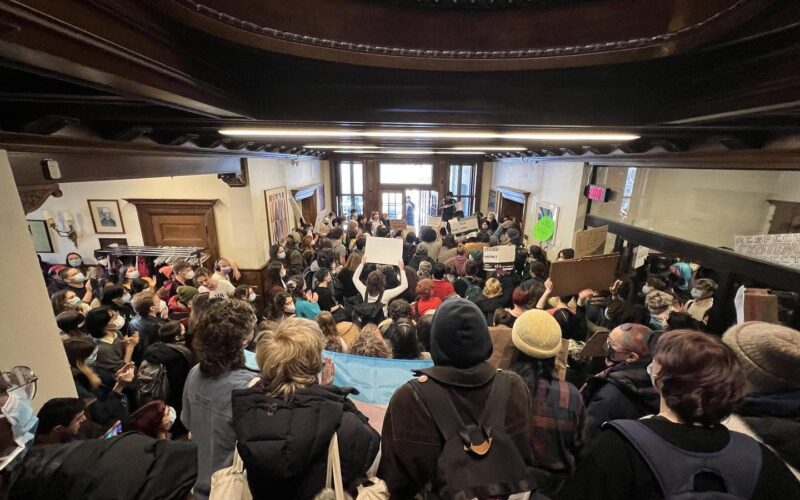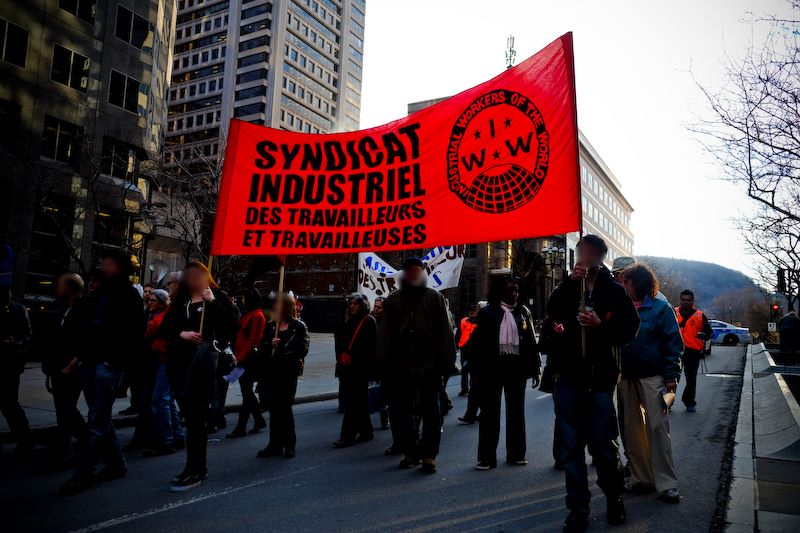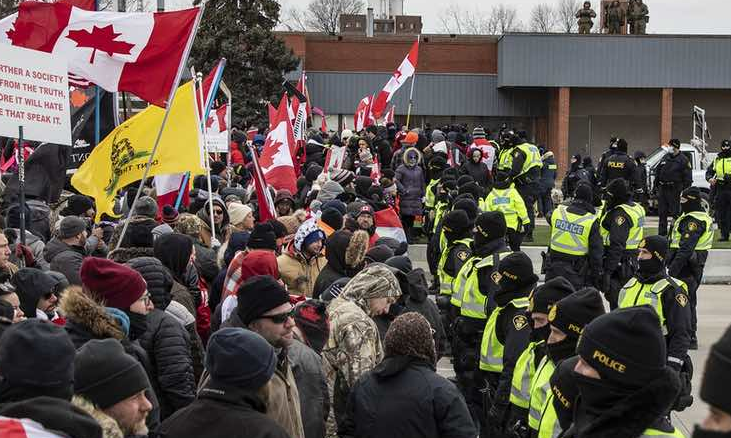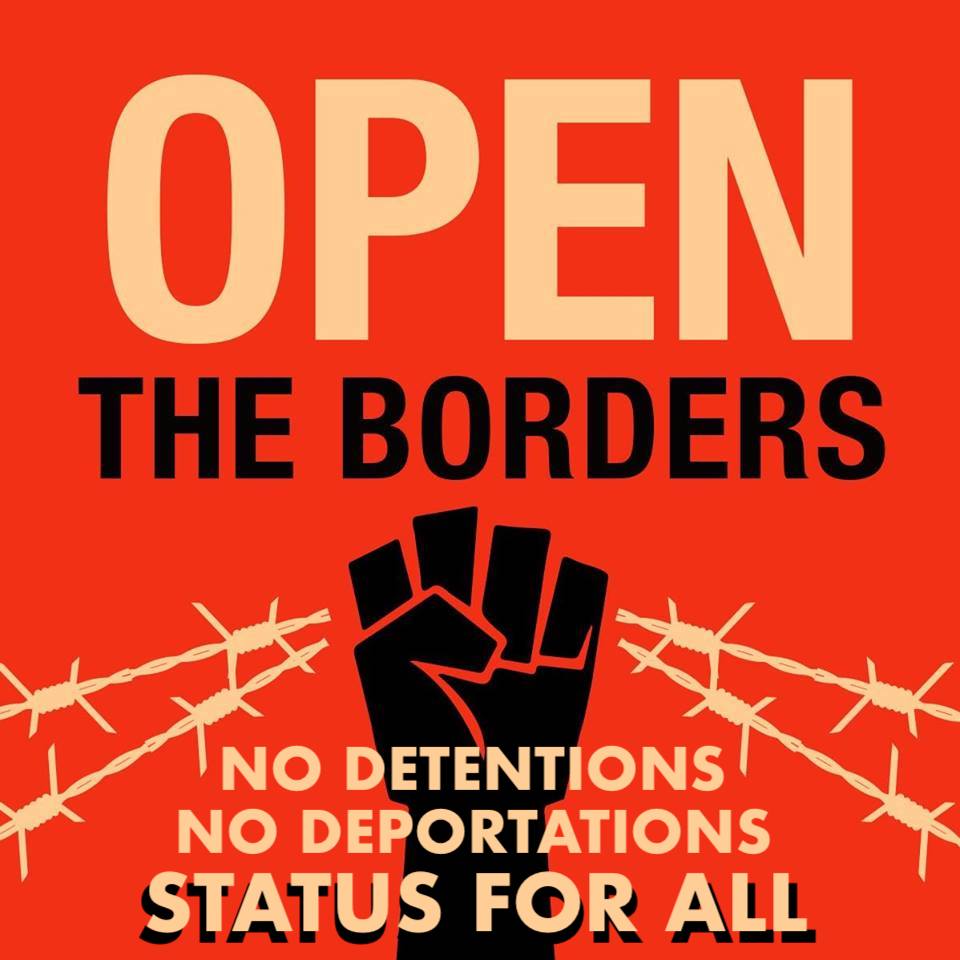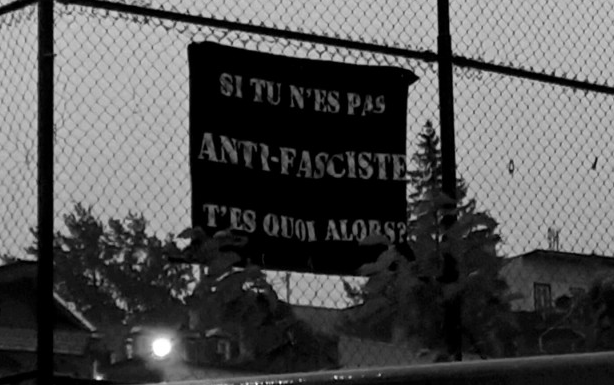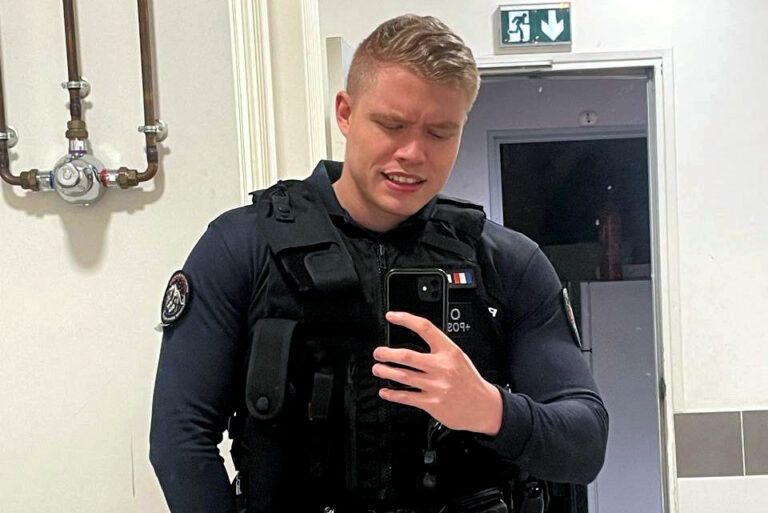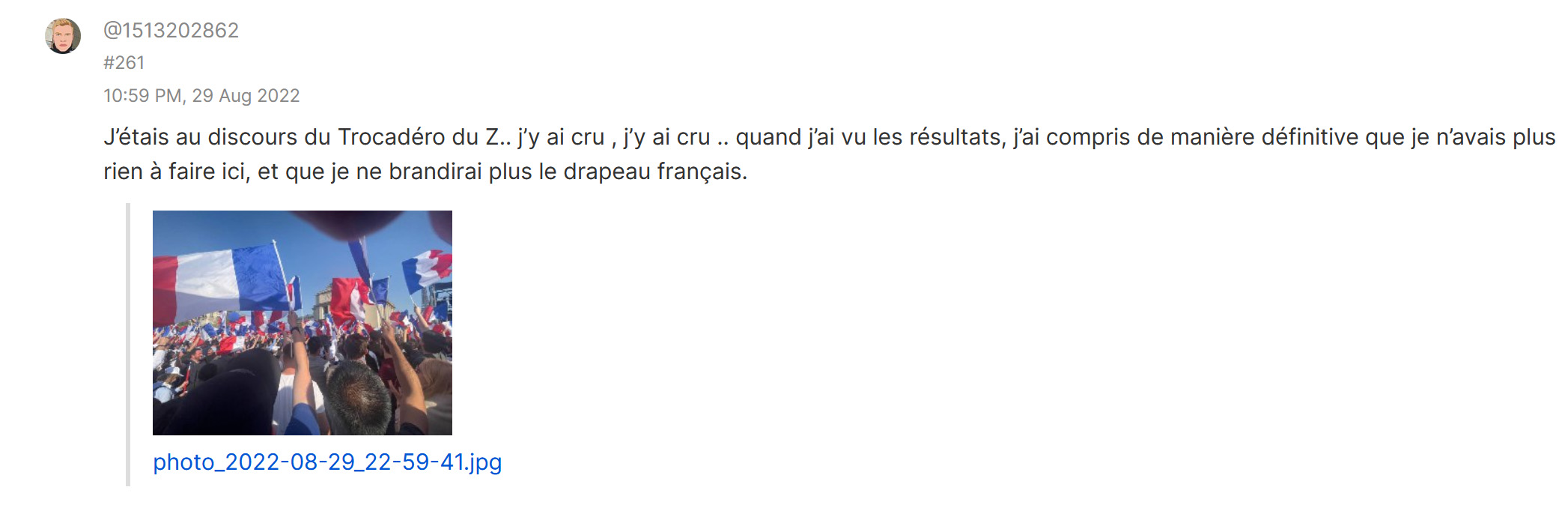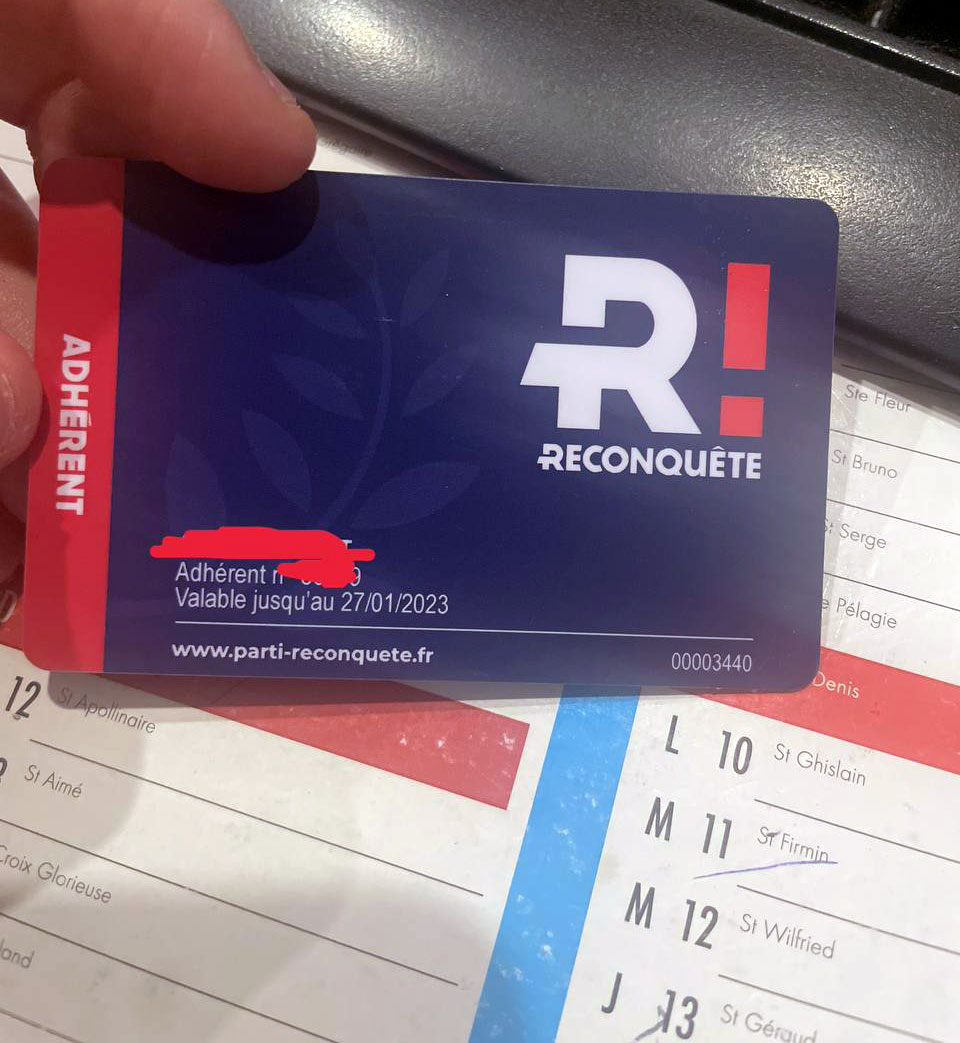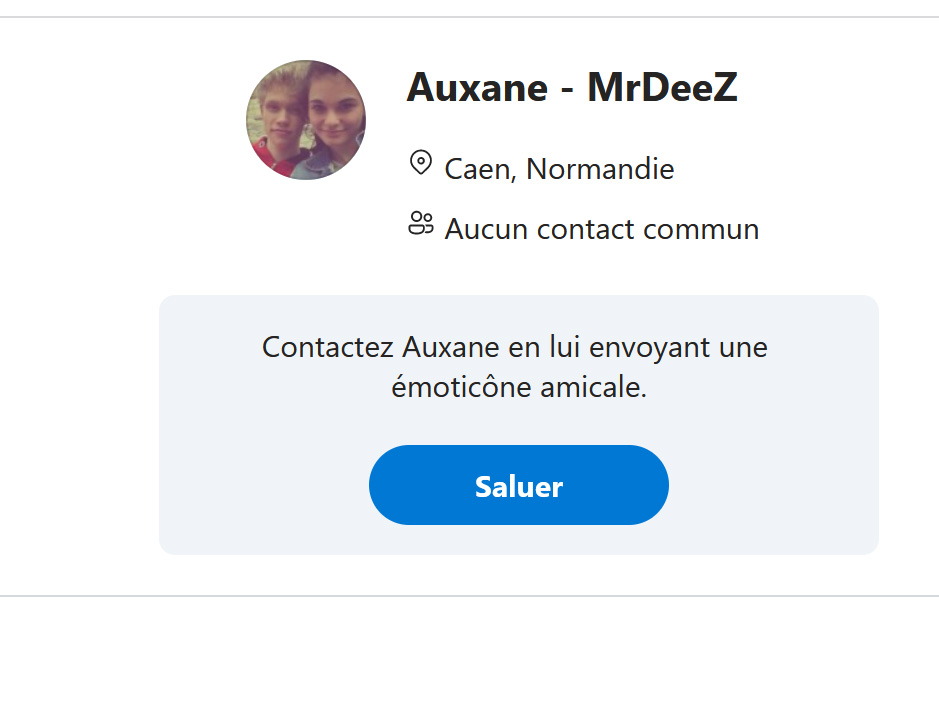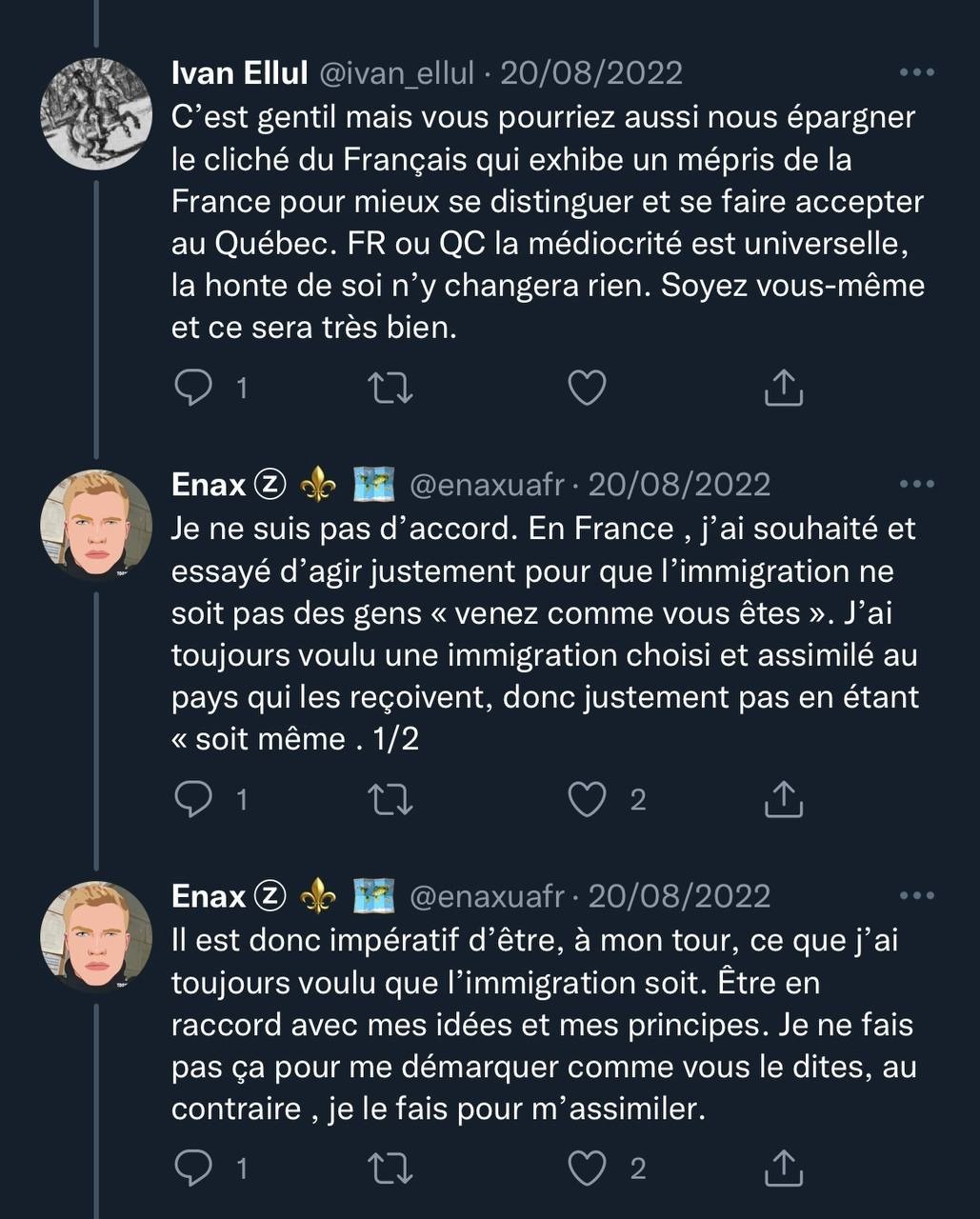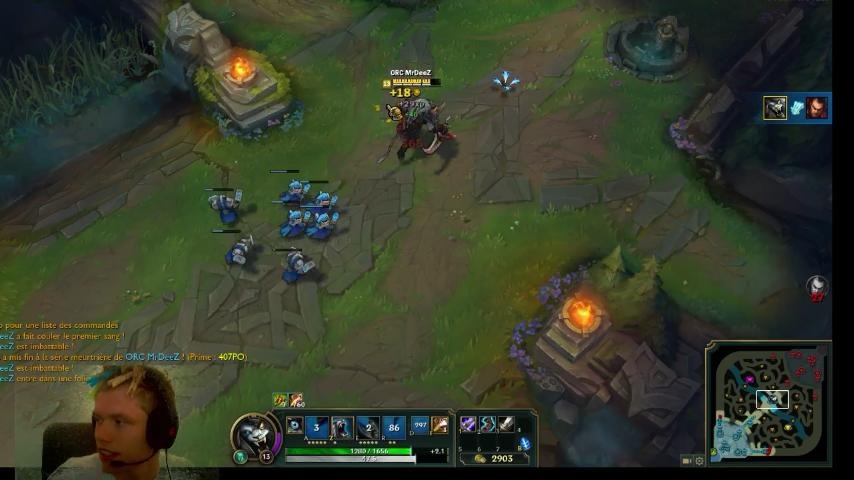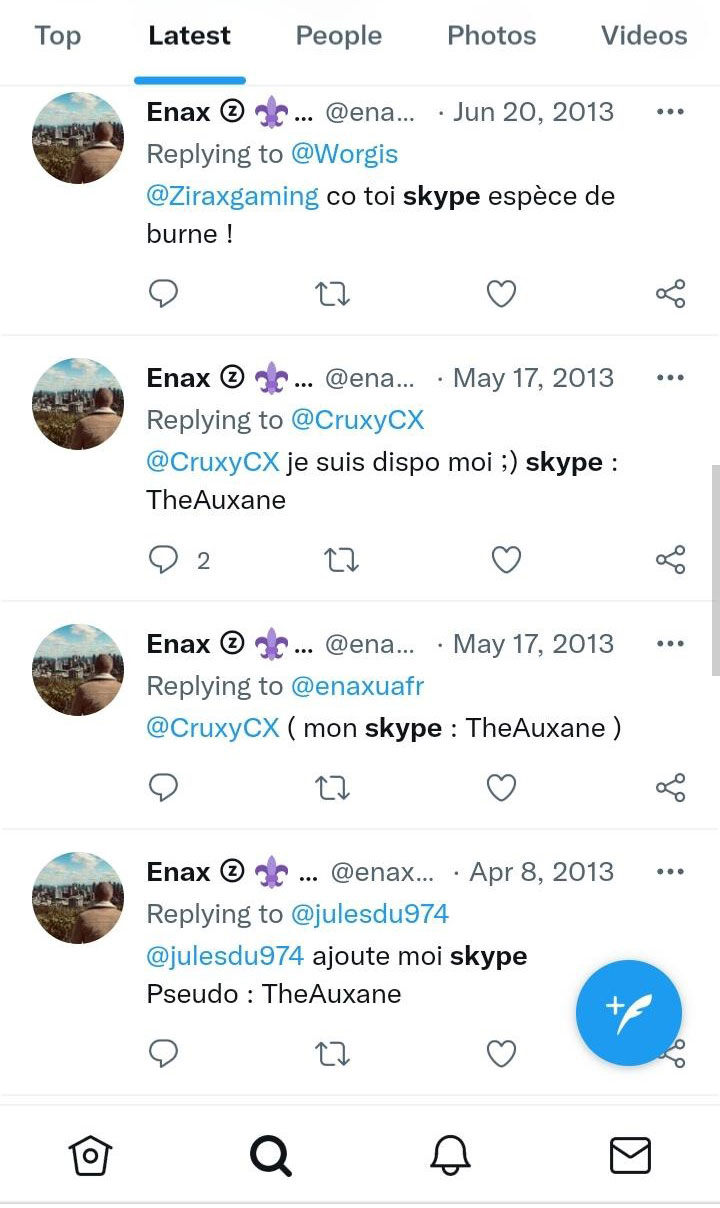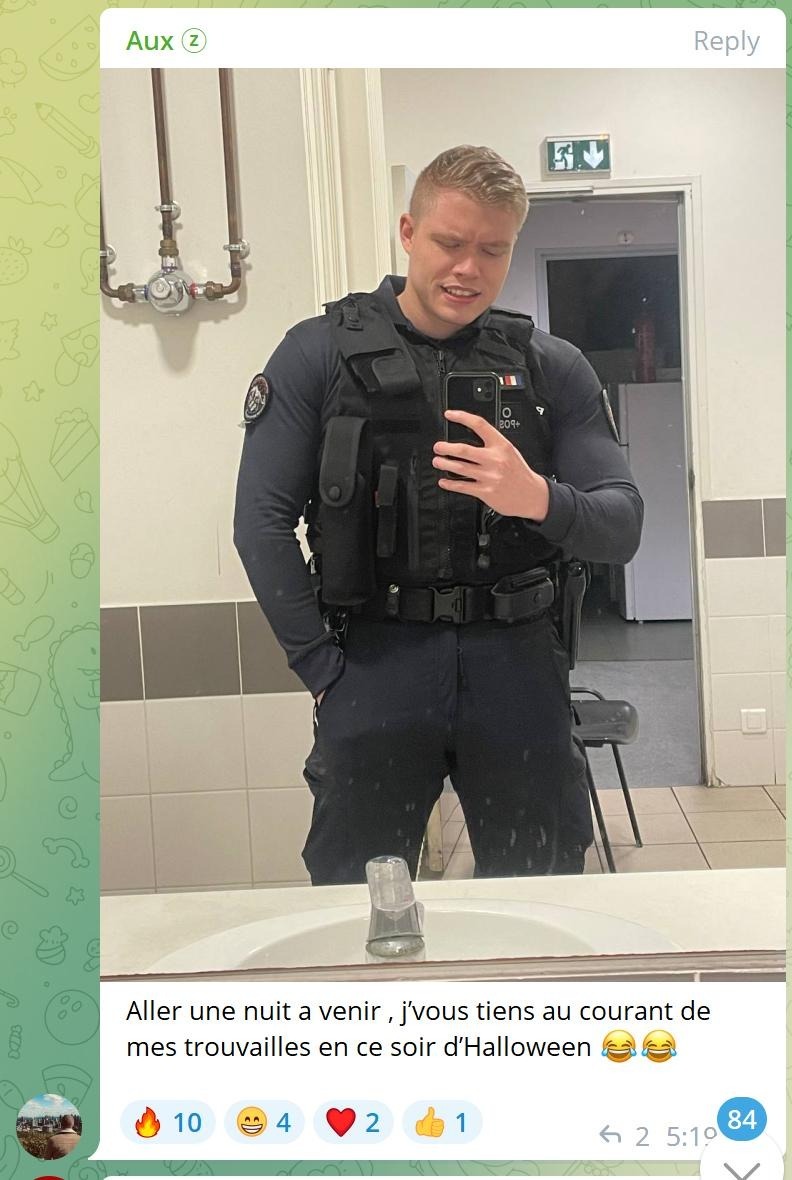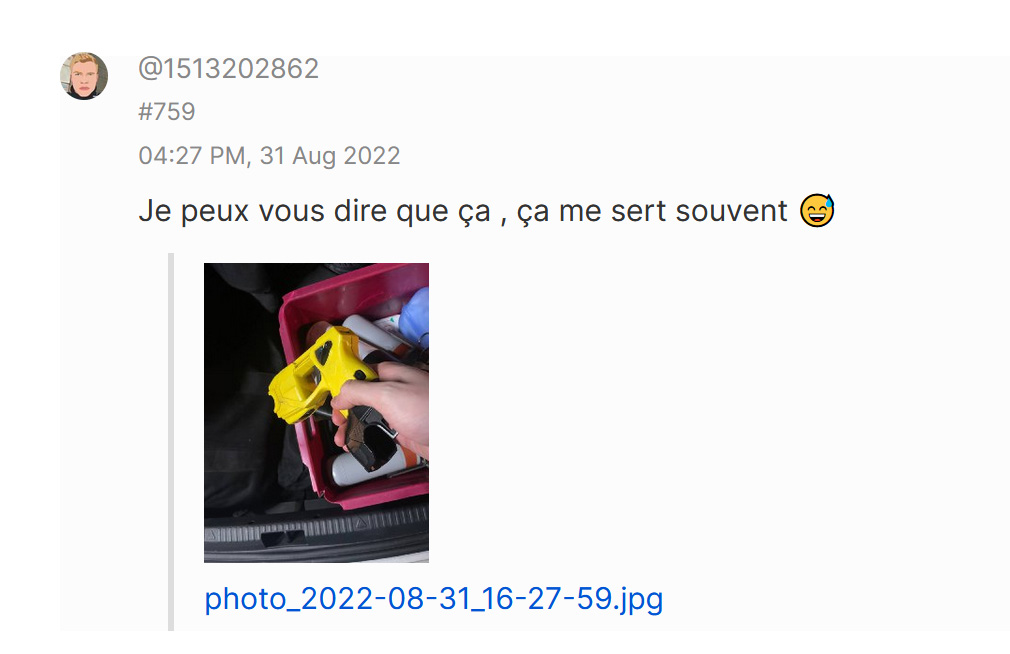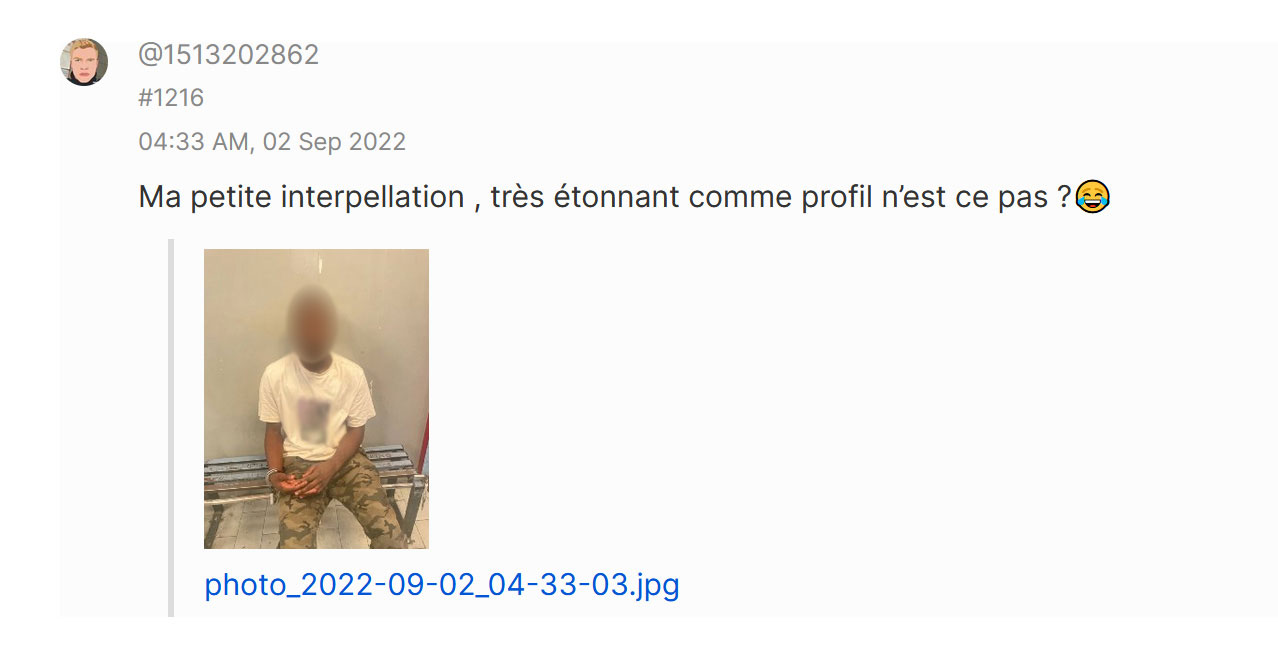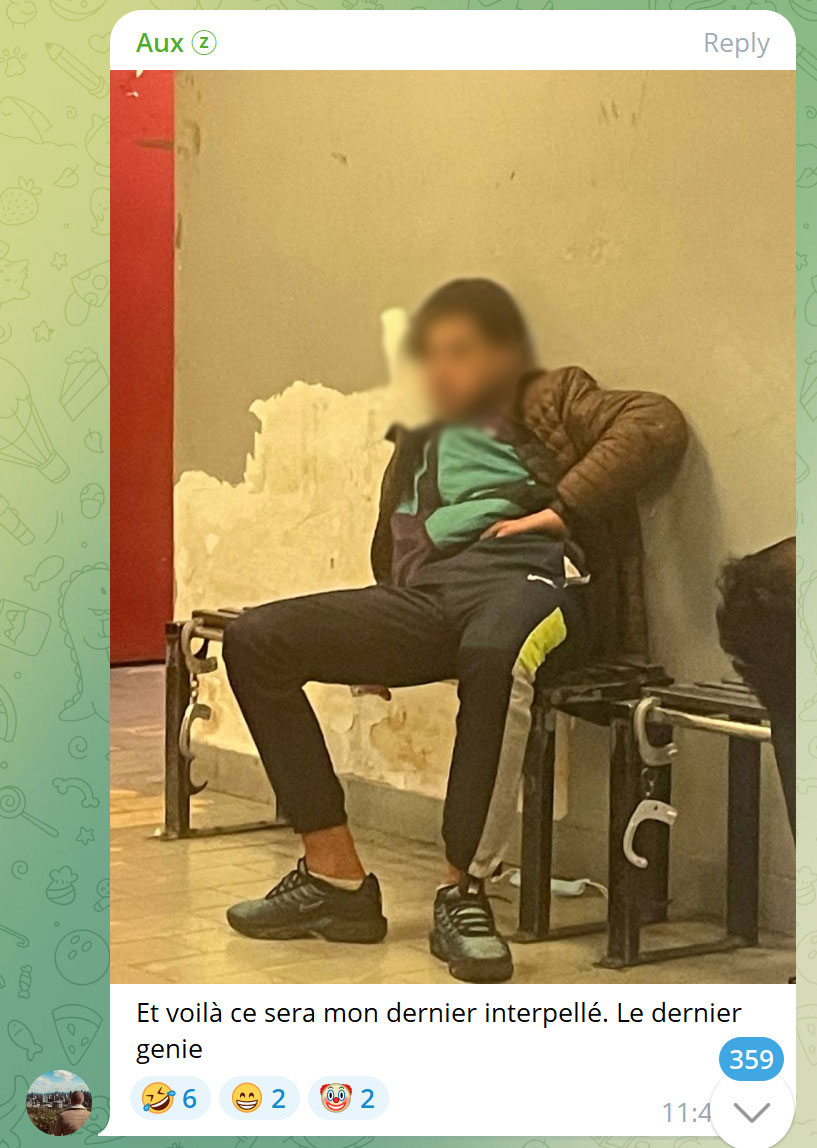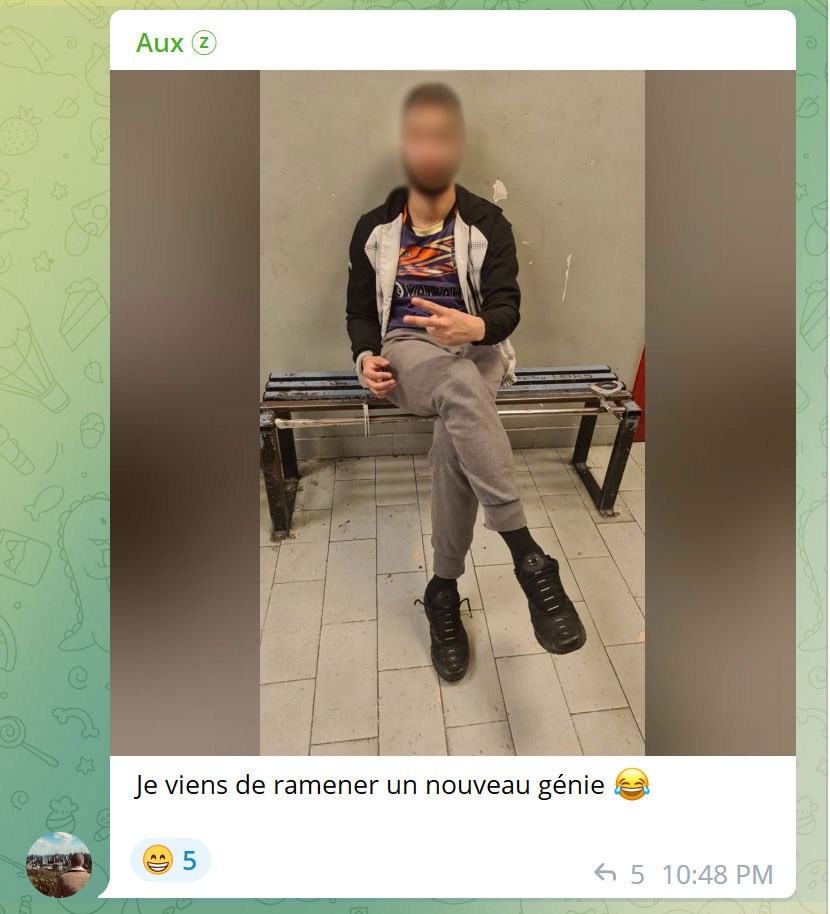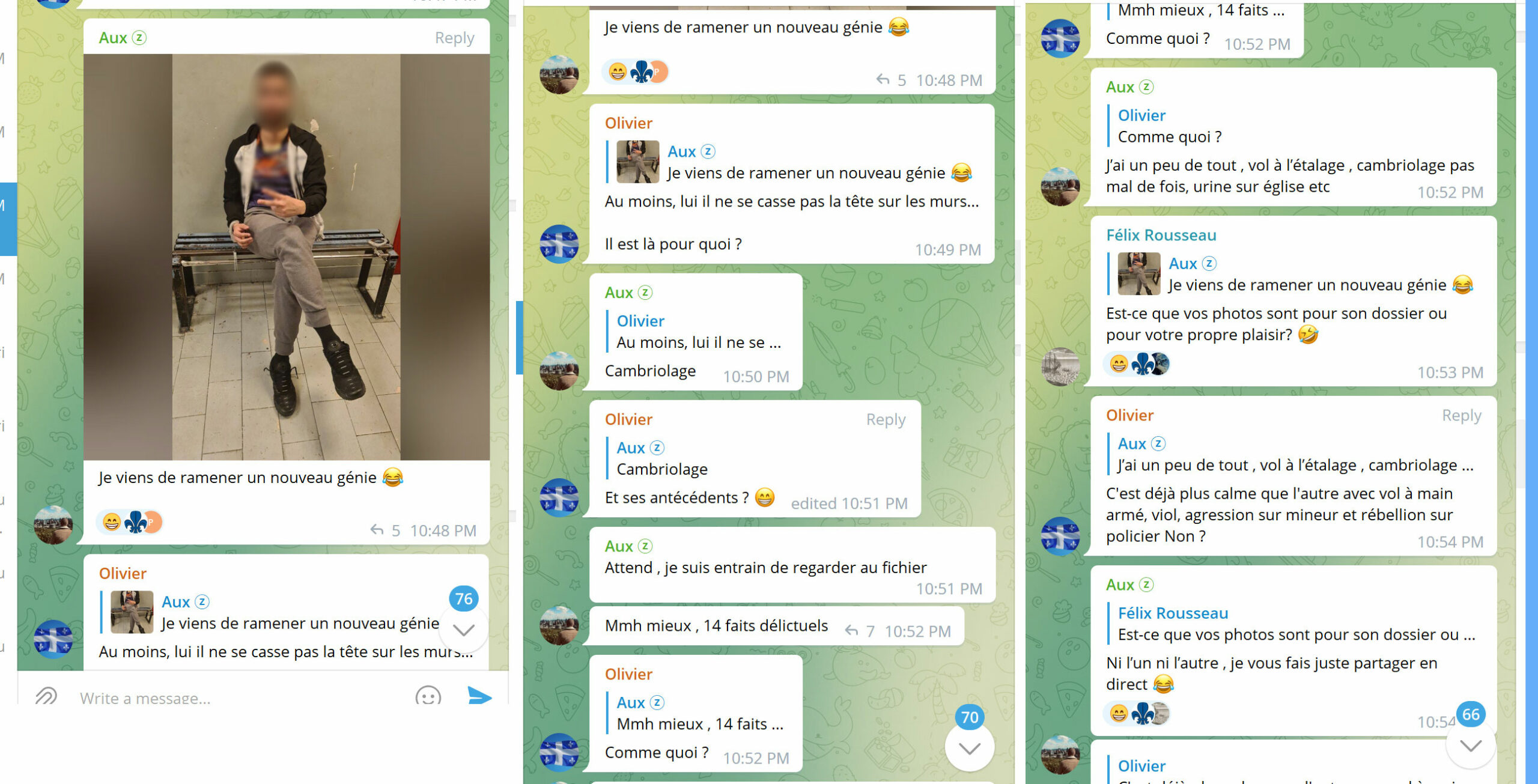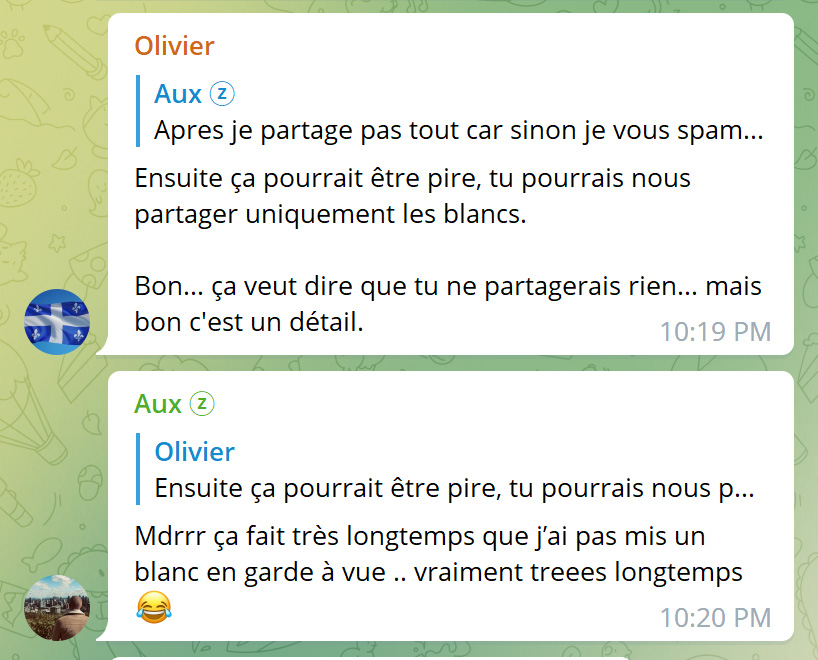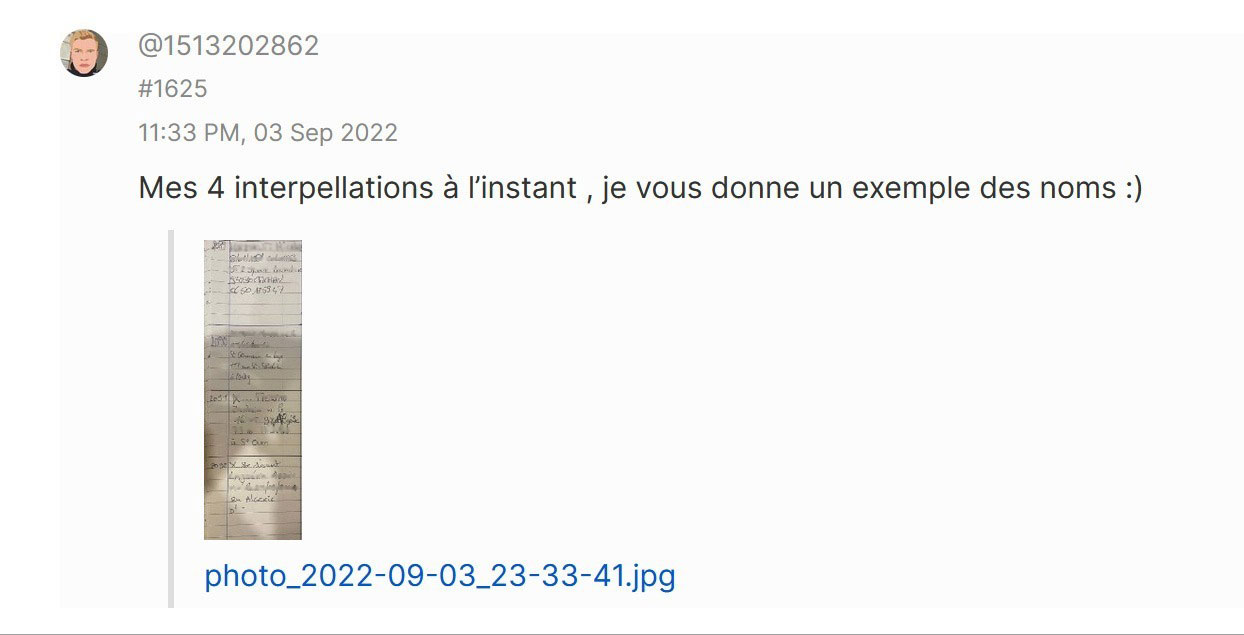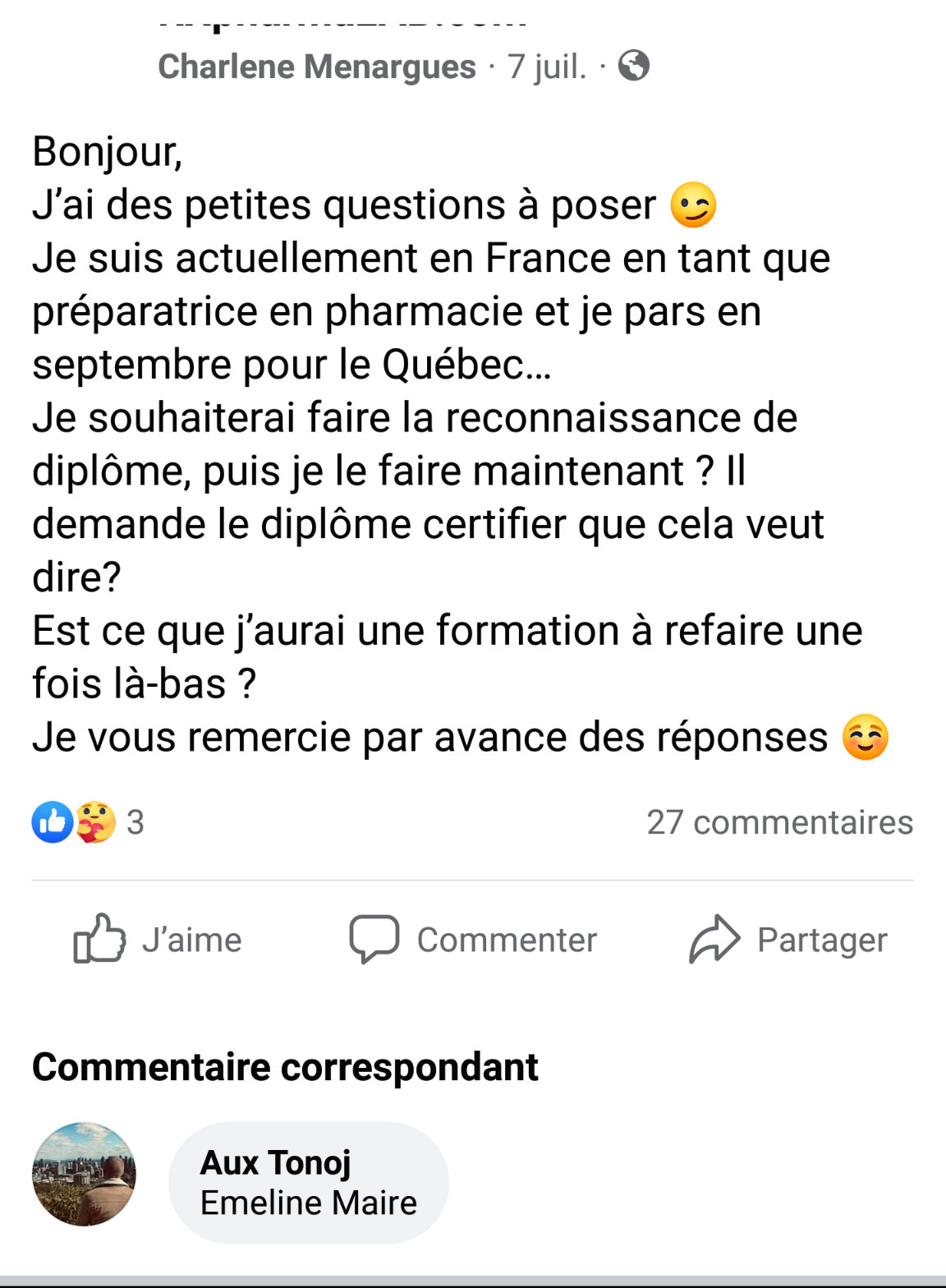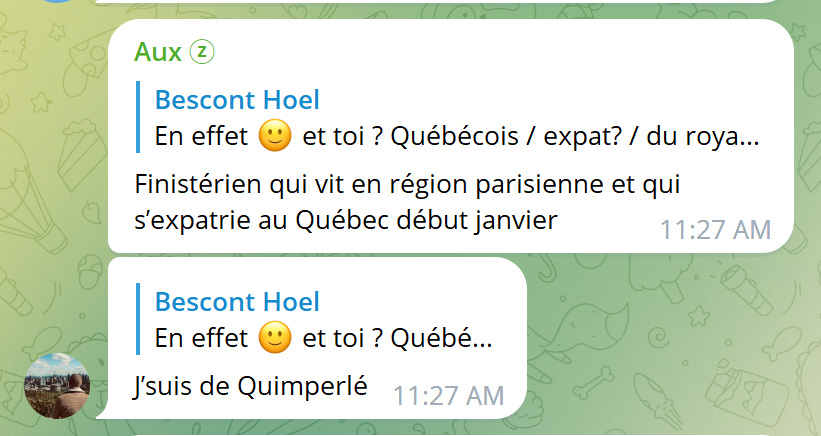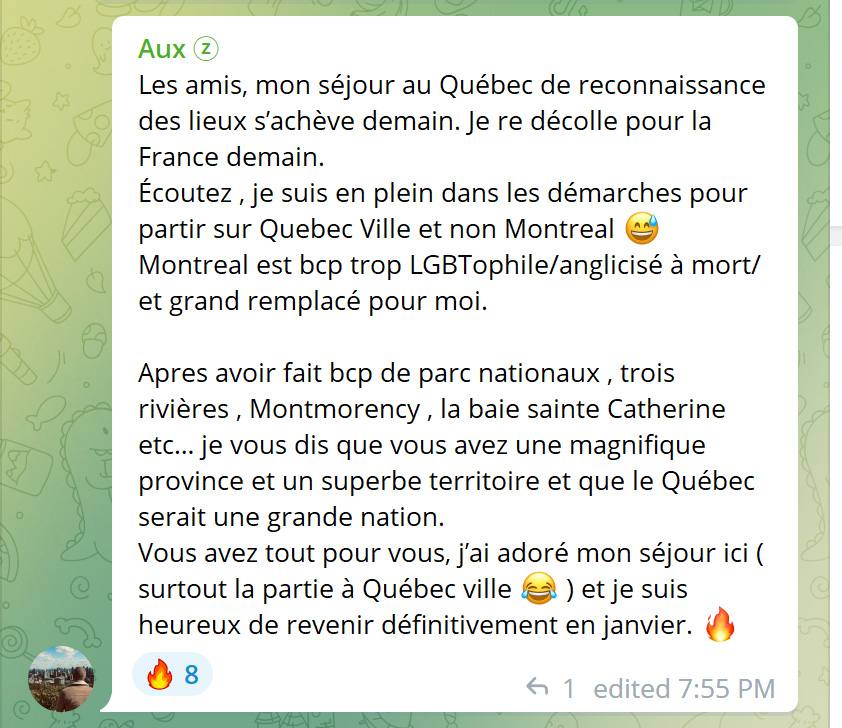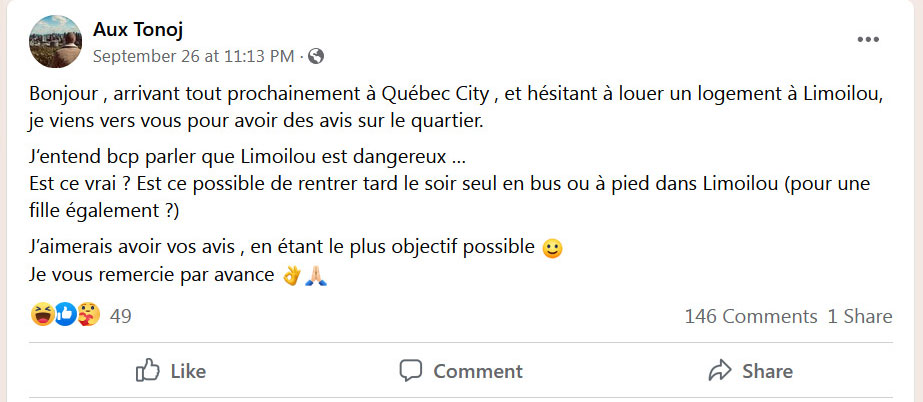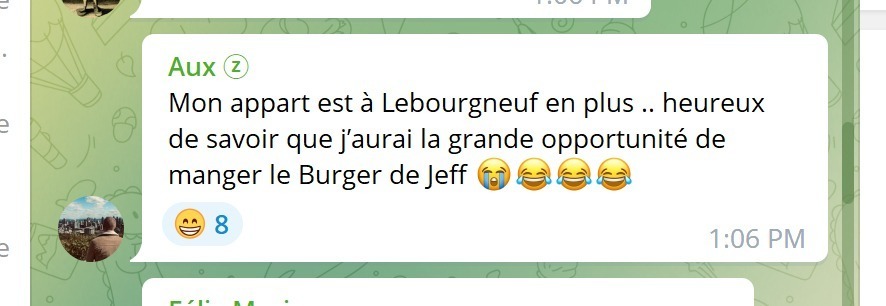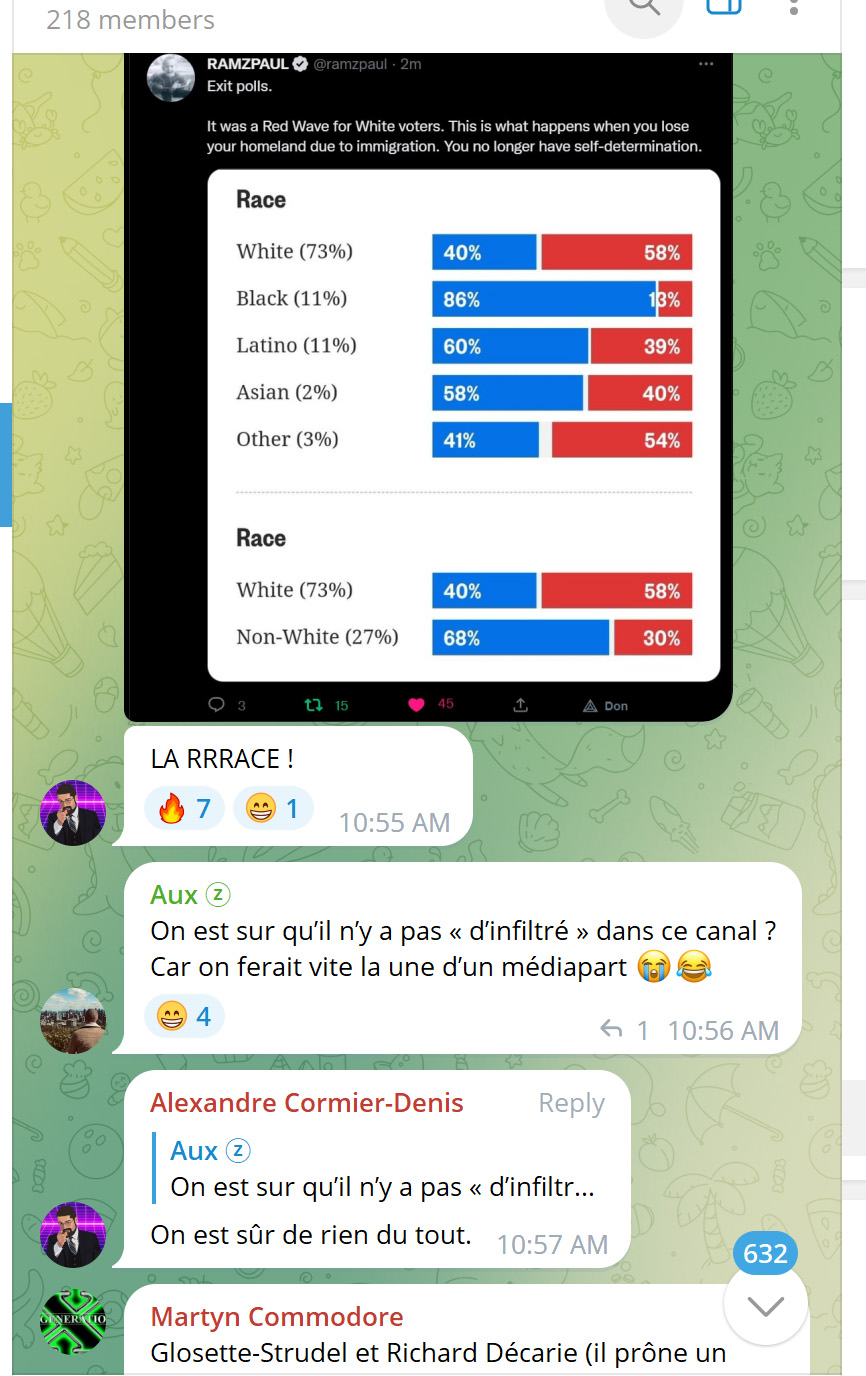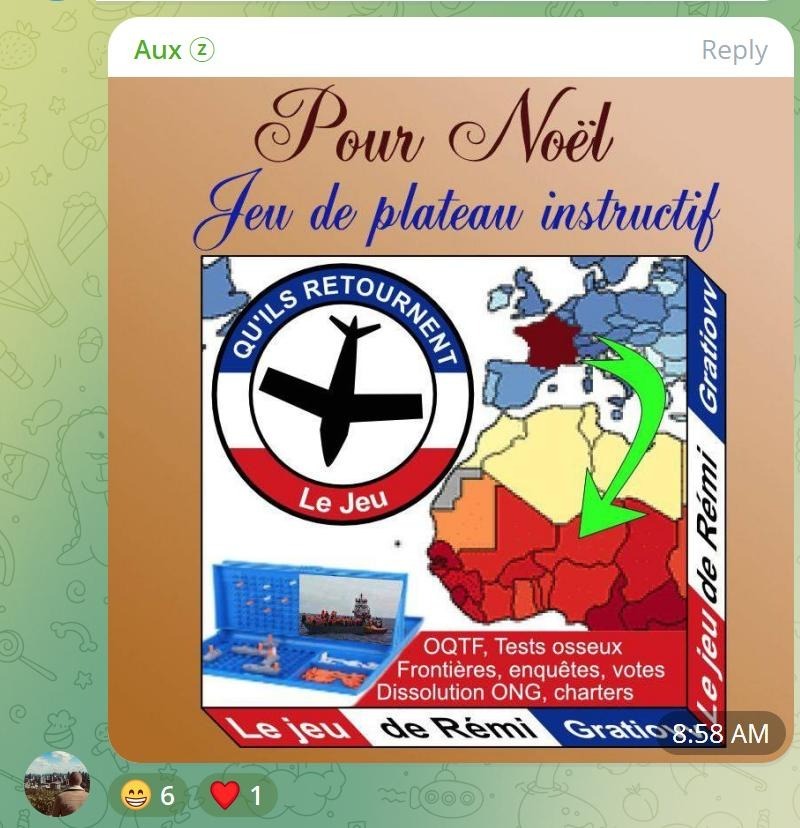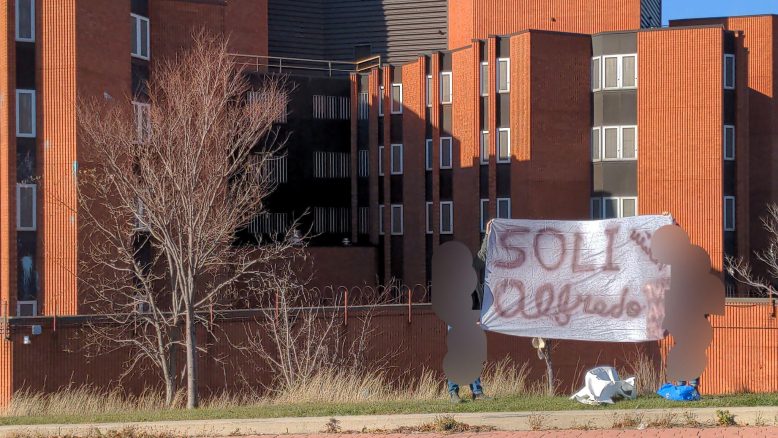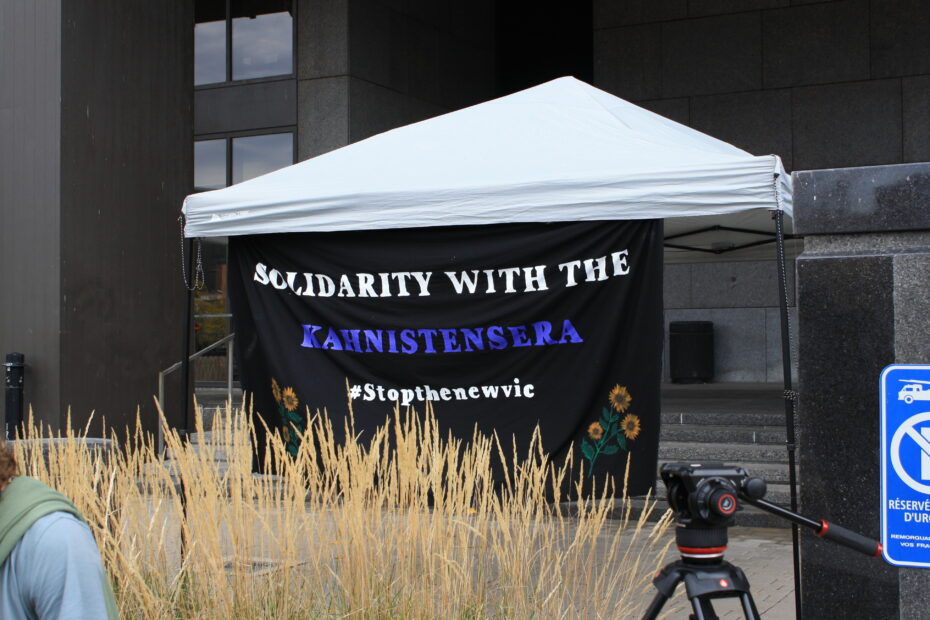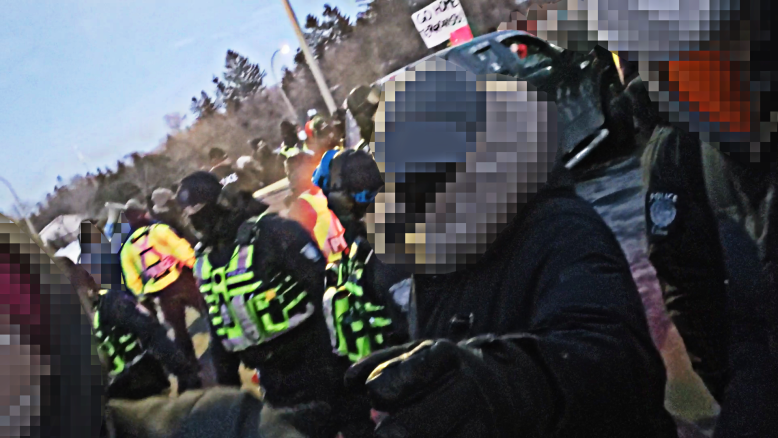
Anonymous submission to North Shore
A year ago now, on February 13, 2022, Ottawa residents blocked convoy vehicles on Billings Bridge and held it for hours. Since then, much has been written about this mass mobilization from left and liberal commentators. This generally celebrates it as an immense, glorious victory over the convoy, and the beginning of the tide turning in the convoy’s occupation of Ottawa[1]—and don’t get me wrong, it was. But in speaking to friends outside of Ottawa, it feels more and more necessary to complicate this narrative by adding some of my and my comrades’ experiences on that day.
The purpose of this piece is to add to that collective memory contained through this patchwork of publicly available accounts. An entire year has now passed, and people learn and grow. Some (though certainly not all) of the people I critique here, I consider comrades. I share this not to reopen those discussions, but because I think it is politically valuable for our memories of these events in and of themselves to be as complete as possible. While first person is used throughout, multiple people contributed their own perspectives to this write-up.
As a bit of necessary context, the main author is a cisgender and straight-presenting racialized woman. I am also a militant antifascist with a non-zero amount of experience predating the convoy.
I have never experienced peace policing so intensely, before or after that day, as I did on Billings Bridge. Like the author of that article in The Breach, I arrived to the site early in the morning after having planned to support a different blockade further along the convoy’s route.
I spent the first few hours blocking a truck. During that time, numerous strangers (all white—a recurring pattern—and including even a local politician) came up to me. They asked after me, checking in, again and again, if I was alright, something that was mundane on its own. And then they expressed concern, again and again, that I was putting myself in danger of being run over—as though blocking trucks was not what we had all come there to do. They tried, again and again, to convince me to move away from the truck because it wasn’t safe, because they were scared for me—as though I was not well aware that I could be in danger, and they were compelled to explain this to me. They milled around at such a safe distance away, doing seemingly little aside from making the rounds.
It quickly became clear to me that all of these interactions were not just expressions of genuine concern, but a peculiar white liberal anxiety about confrontation or other even remotely militant tactics. And, specifically, confrontation when done by racialized women—that whole time, a white couple was holding it down next to me (the only strangers that day I interacted with and didn’t resent), and somehow, as far as I saw, no one felt the need to patronizingly inform them that that truck might try to move.
As the day went on and the numbers grew, I circled through the crowds with friends who arrived later. I saw the wide spectrum of politics one might expect at a mass demonstration like this—everything from eager patriots giving supplies to the police, to other radicals linking this white supremacist movement to the larger colonial project. Unfortunately, the crowd seemed to me to by and large lean more towards the former sort. Probably most people were enraged at the police, and I witnessed so many residents berating them for how they were facilitating the convoy (or, in the liberal view, the “lack of police response”). This, though, was usually couched in a sense that as white citizens, they were owed protection from the state, and came along with obnoxiously snarky signs like “I’d f🍁ck Trudeau.”
Tired of seeing people thanking the police, one friend I was with then, also a racialized person, began a chant of “fuck the police.” Pretty much immediately, an older white woman in the crowd cut them off, physically grabbing at both of us. She lectured us about how she found it inappropriate and wrong; if anyone in the crowd had a problem with her starting a physical altercation, there was no indication.
This was not even the only time a white woman physically laid hands on me at Billings Bridge. As word went out about what was happening, convoy participants tried to mobilize their supporters to come out. Not many showed, but the crowd had no idea how to react to the few who did. Seeing fascists trapping people in useless debates to invade our space, I went about trying to crowd them out. I was not arrestable that day; I simply stood as close as I could to them, pressuring them to either back up or use force to get through me. And it worked—until liberals in the crowd, again, somehow took offence.
At least three or four times—I lost count—(white, of course) strangers suggested, sometimes demanded, that I back down and “deescalate.” Again, I did not say a single word to the fascists; I did not ever touch anyone; I simply stood there, even as they yelled insults and sexual harassment at me. (I am well aware of how criminal charges work, and I had no intention of doing anything that could get me arrested, especially while surrounded by hundreds of white people who would proudly and happily snitch.)
One woman on “our side” harangued me while taking hold of my arm, trying to physically force me to stop blocking a fascist. Amusingly, another politician there, the local MPP, tried to guilt-trip me about it—talking about how they didn’t want violence in their ward; they would feel like it was their responsibility; as long as I was off to the side there with the fascist, they would feel obligated to remain too. Somehow this was the least enraging interaction of the bunch—at least they were honest that it was about their own feelings. Of course, every time (because this happened often enough that there were multiple times!) I became too exhausted to argue with the liberal peace police and left, the fascist retook any ground I had gained on him within seconds. It did not seem to occur to the people angry at me for “escalating” that it was far more risky for convoy participants to be roaming freely through the crowds, baiting exhausted and traumatized people into arguments with them.
Those attitudes were an ongoing theme through the course of the convoy, and I had so many infuriating exchanges that they’ve largely blurred together. Peace policing is a classic hallmark of liberal civility politics, but it was out in full force in particularly bizarre ways at Billings and other responses to the occupation. On another occasion, I mentioned antifascist militancy to a group, only for a white stranger (who had no idea what I looked like) to lecture me about how they had learned in an anti-oppression workshop that militancy was for white men. (I responded that I was already getting threatened by fascists in the street, and if I was going to get attacked or worse, it might as well be on my own terms.) I began joking that if I had a nickel for every time a white person peace policed me, I would be rich by the end of it. It was a particular strain that usually went something like this: a white person is afraid of confrontation, or risk, or getting hurt. All of these feelings are, in themselves, legitimate; I believe in choosing your own risk, and there’s no shame in having a lower risk tolerance. But then, that white person builds a sense of pride around being a White Ally who “listens to people of colour” and “puts their body on the line.” They see a racialized woman taking risks that they themself are not comfortable with, espousing politics that they want to dismiss as extremist, and it hits at their ego. And in response, instead of acknowledging their own limitations, it turns into this overwhelming sort of paternalism as they decide to make it my fucking problem.
Returning to Billings, one of the most striking scenes may have been that of the crowd surrounding a truck, demanding that its driver remove his Canadian flag, mounted on a hockey stick, before allowing him to go. People chanted “flag down!” and, once the flag was gone, “no sticks, no flags, no go!” One person shouted “this is community policing! This is what it looks like!” as he removed that stick. And then, in celebration, the crowd followed it all up with “our flag!” For probably most of the participants, that moment was not about the Canadian flag as a representation of white supremacist, colonial violence, but of the sullying, to them, of a beloved national symbol.
Many people designated themselves “organizers” or spokespeople for the action. Often this took the form of trying to encourage the groups further down the road to leave their posts and join with the main group gathered towards Bank Street—whether for “safety,” because “the police were coming,” because “more convoy are coming,” or just because they wanted to make sure you knew how much food, and fun, was being had. Usually, these self-appointed people would leave to go find a more receptive audience upon being rebuffed. However, one stands out for their especially offensive tactic of both collaborating with the police and actively lying to everyone there in an effort to take control of the situation.
As the afternoon wore on, the aforementioned MPP approached us in our position further down the off-ramp with their megaphone to declare that they had conversed with the police, and they had pinky promised that if we left, they would get the trucks to turn around and leave. This was, quite obviously, ridiculous—and they were told such, repeatedly. They then tried the tactic of telling the group that the larger gathering up by Bank Street had agreed to these terms—but, in their magnaminity, this politician would not go ahead with telling everyone to disband unless all groups agreed. They were, again, told that there was no way in hell anyone was going to just leave, and left to return to the main group.
I was a bit suspicious, because for all their asks to rejoin with the main group, no one else had seemed keen on leaving. I asked a friend who had been up with the larger group at the time, and learned that they had in fact told that person the same thing we had—and that “spokesperson” had, in turn, pretended that we (the other group, with whom they had not yet spoken to at all) had already agreed with them.
The author of The Breach piece had said also that he and a few others took it upon themselves to “liaise with police and politicians, deescalate both the convoyers and residents, and figure out a safe exit strategy for everyone.” I won’t pretend that I had any answers worth offering, and certainly it could have been worse, but I think anyone reading this here can guess how such “deescalation” from labour and community leaders might go south.
As the afternoon drew on, dozens of cops had come together in lines facing us. Throughout the day, there had been moments where police had gotten lightly physical with demonstrators. But once most of the vehicles had been let out and the sky was growing dim, it seemed like their patience ran out. The police wanted us to clear the streets—and rather than challenging that, the leaders on the megaphone just repeated that demand. I saw those rows of cops physically shoving people off onto the sidewalk all the while those self-designated spokespeople stood with their backs to the police, also facing us, and just echoed that we should all do as we’d been told[2]. This is how the “battle” actually ended.
On February 8, 2023, three days ago as I write this, hundreds of people once again came together to defend our communities from fascist organizing. I saw so many people now stepping up to do their part in that collective self-defence, including some of the same who had, less than a year ago, shied away from any confrontation or even lectured me for “provoking” police. I share this to again say that this is not a condemnation of the Ottawa left; people learn, grow, and change. And still, at the same time, I will always feel embarrassment more than anything else when I hear people celebrating “the Battle of Billings Bridge.”
[1] Remembering, of course, that until it is wholly returned to the Algonquin Nation, Ottawa remains occupied territory.
[2] I was later told that police had warned them that if the crowd didn’t begin to allow the trucks to leave, the police would begin making arrests. I sympathize—perhaps more than some people reading this will—with the difficulty of the decisions made in the moment there. I am also certain that, if I had not known some of those people personally, I would have concluded that they were police sympathizers who would blame me or justify any racist violence I might be subject to. I add this to reiterate that I am not writing this to push any vendetta against specific people, only to get across what I saw happen then.



